Reclaim Healthcare WNC’s goals are to replace HCA with a nonprofit hospital system, “hold HCA accountable for its harmful culture and practices” and “restore best-in-class healthcare throughout the Mission system,” per a press release.


Reclaim Healthcare WNC’s goals are to replace HCA with a nonprofit hospital system, “hold HCA accountable for its harmful culture and practices” and “restore best-in-class healthcare throughout the Mission system,” per a press release.
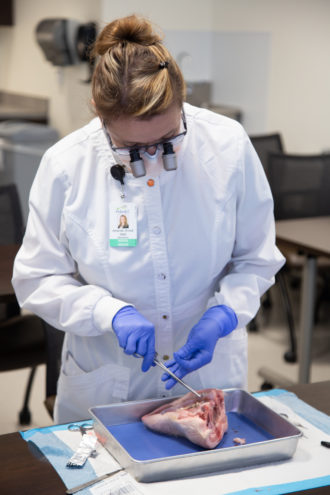
MAHEC’s program is geared toward general dentists who are likely to encounter patients with a range of issues that stem from the lack of dental care. Many patients don’t see dentists because they can’t afford it.
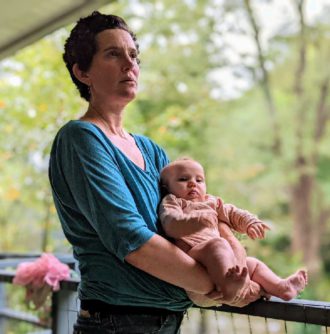
Researchers found mothers reported increased anxiety about the uncertainty of travel, distant pregnancy care providers not being easily accessible and insufficient coordination among care providers.
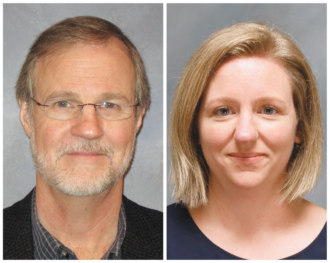
Buncombe County is one of the 91 counties the Office of Rural Health has designated as experiencing a behavioral health professional shortage. In fact, the 2022 departmental map designates all 16 counties of Western North Carolina as experiencing a shortage.
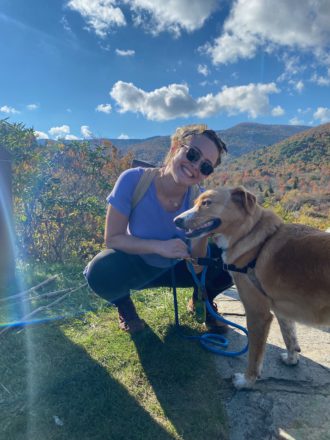
Clarissa Donnelly-DeRoven, rural health and Medicaid reporter with North Carolina Health News, says that therapy can be an effective tool for managing mental health and recommends a way for the therapy-curious to listen in to real life therapeutic sessions.
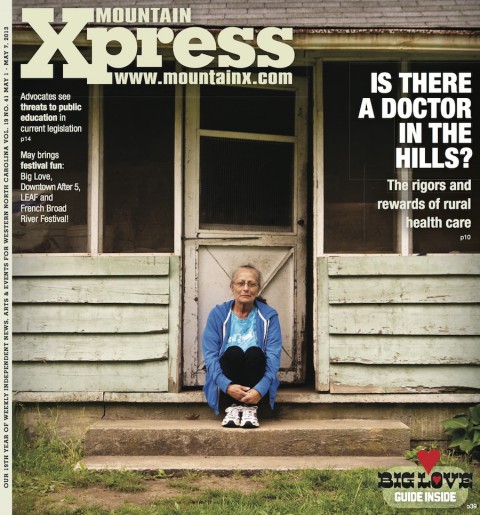
The sometimes challenging road to health care in rural Western North Carolina extends beyond the curves of country back roads. Whether it’s dealing with the current physician shortage that affects all but Madison in the 16-county region or wrestling with social and economic barriers, local providers and patients share their challenges and plans to address rural health-care needs. (Cover by Emily Busey. Photo by Max Cooper.)
Despite challenges in providing health care to patients in rural areas, Dr. Steve North, founder and president of the Center for Rural Health Innovation, is building relationships with patients even when he’s not physically present.